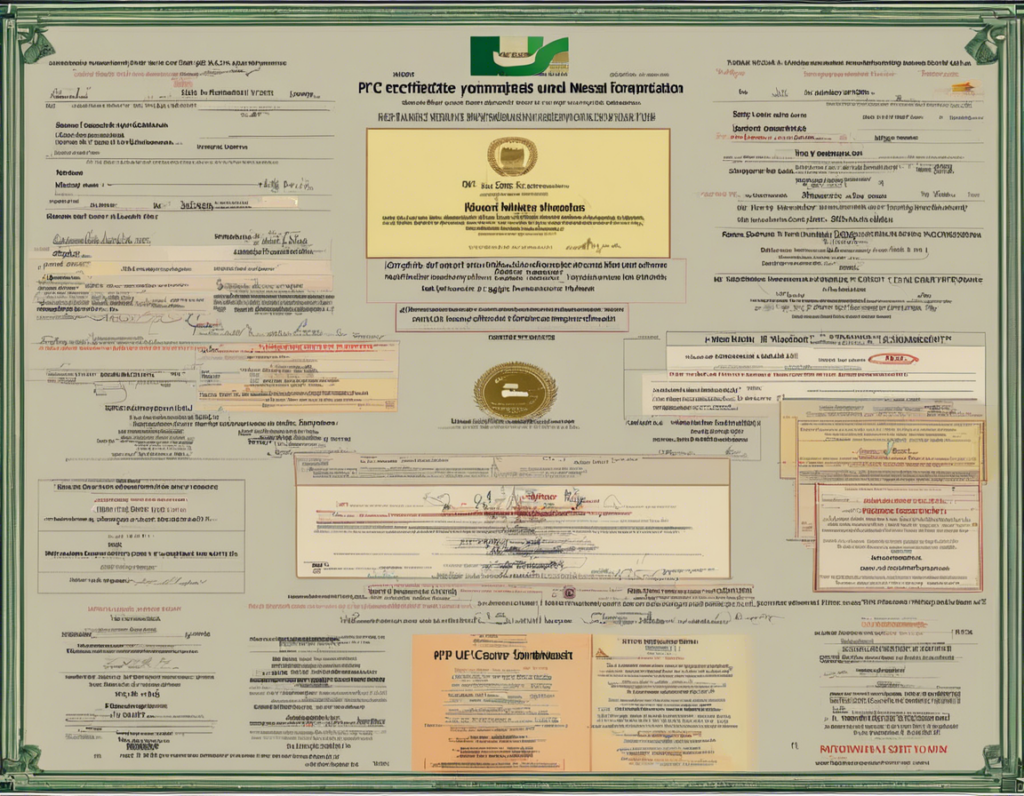
If you own a vehicle or are looking to buy one, you’ve probably come across the term PUC certificate. This piece of paper holds significant importance when it comes to maintaining your vehicle’s roadworthiness and abiding by environmental regulations. In this comprehensive guide, we will delve into what a PUC certificate is, why it is necessary, how to obtain it, the validity period, and the consequences of not having one.
A Pollution Under Control (PUC) certificate is a document that certifies that the emissions from your vehicle comply with the standard pollution norms set by the government. It is issued after conducting a test to check the level of pollutants emitted by the vehicle.
To obtain a PUC certificate, follow these steps:
1. Visit an Authorized Center: Look for authorized pollution checking centers in your area.
2. Vehicle Inspection: Drive your vehicle to the center for inspection.
3. Emission Testing: The emission levels will be tested using specialized equipment.
4. Certificate Issuance: If your vehicle passes the test, a PUC certificate will be issued.
The validity of a PUC certificate varies from country to country, but it typically ranges from 6 months to 1 year. After the validity period expires, you need to get a retest done and obtain a new certificate.
The consequences of not having a valid PUC certificate can include:
– Fines: You may be fined for not carrying a valid PUC certificate.
– Imprisonment: In some severe cases, imprisonment can also be imposed.
– Vehicle Seizure: Authorities may seize your vehicle if you fail to produce a valid PUC certificate.
Yes, in most countries, it is mandatory for all vehicles to have a valid PUC certificate.
You should get a PUC certificate for your vehicle as per the specified validity period, typically every 6 months to 1 year.
Some countries provide online facilities for PUC certificate issuance. Check with your local transport authority for online services.
If your vehicle fails the emission test, you will not be issued a PUC certificate. You must then get your vehicle repaired and retested.
Driving without a valid PUC certificate can lead to fines and other legal consequences. It is advisable to always carry a valid PUC certificate while driving.
Understanding the significance of a PUC certificate is crucial for every vehicle owner. By ensuring timely testing and obtaining this certificate, you not only comply with the law but also contribute to a cleaner and healthier environment.